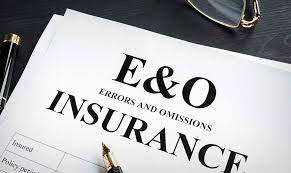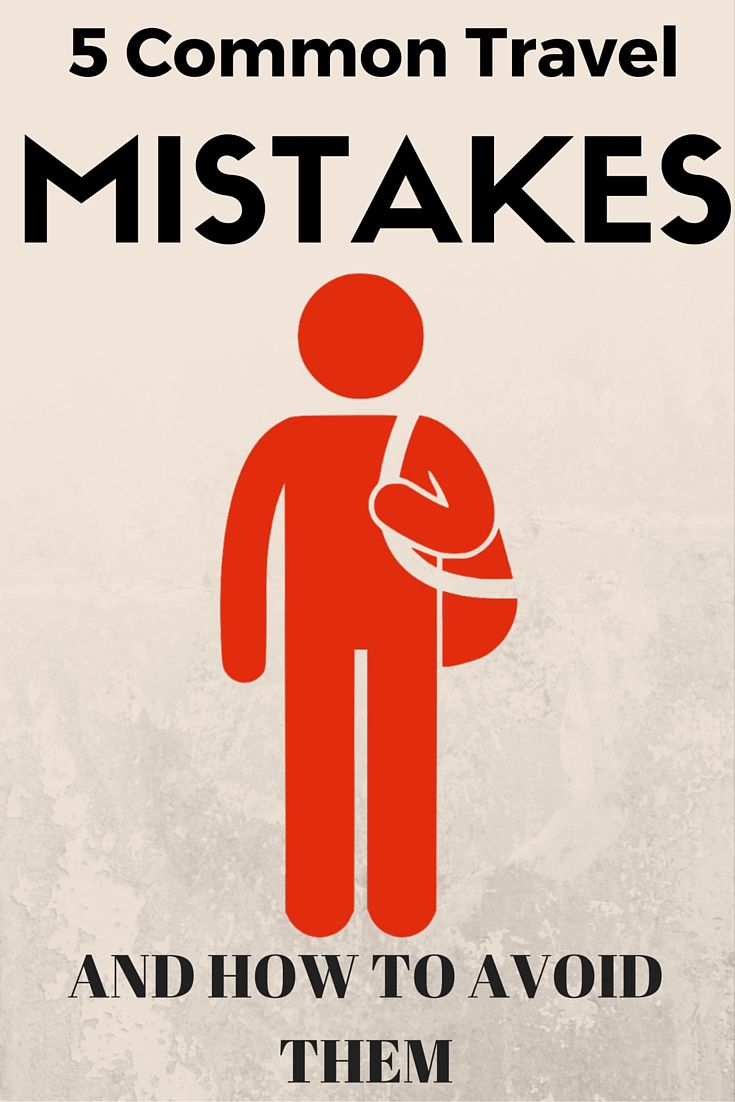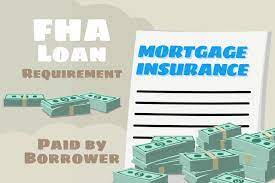Liability Insurance is a part of the overall protection arrangement of risk management in financing to shield the buyer from the dangers of liabilities forced by cases and lawsuits. It protects the insured if the purchaser is sued for claims that come within the insurance policy's coverage.
Provisions not covered in this policy include contractual liabilities, intentional damage, and criminal prosecution.
Risk protection is regularly needed for car protection strategies, item makers, and anybody rehearsing medication or law.
You can purchase several types of liability insurances for a third party involved in your organization.
Errors and Omissions Liability Insurance (E&O)
This insurance policy covers claims emerging from careless expert administrations or neglecting to perform proficient obligations.
Any business that provides a service to a client for a fee should purchase this form of insurance. This policy does not cover criminal arraignment, deceitful or untrustworthy demonstrations, or cases against real injury.
The insured is covered for the legal fees and any other amount listed in the contract.

Directors and Officers Insurance: This policy protects directors and officers of large companies against legitimate decisions made by court and expenses emerging from unlawful demonstrations, mistaken venture choices, inability to keep up with the property, delivering confidential data, recruiting and terminating choices, irreconcilable situations, gross carelessness, and various other blunders. These policies exclude coverage for fraud or other criminal acts. Premiums depend on the company, location, industry type, and loss experience.

Business owners are always engaging in risky activities, and their assets can come under any claims. It is essential for business owners to have a plan for safeguarding their assets through getting a liability insurance policy.
The main forms of liability insurance are:
Employers' liability is a required coverage for employers, which shields the business against liabilities emerging from any injury or worker's demise.
Product liability insurance is for establishments that produce goods for sale on the general market. This insurance policy grants protection against lawsuits arising from injury or death caused by their products.
Indemnity insurance protects a business during times of claims regarding negligent behaviour due to financial harm that is produced by the business.
Director and officer liability coverage is responsible for covering the company's top management if the organization is facing a lawsuit for suing.
Umbrella liability policies are personal liability policies that protect against huge losses.
Commercial liability insurance is also known as comprehensive general liability insurance and protects any commercial misconduct. It provides insurance coverage for lawsuits that may stem from injury to employees and the public, property harm brought about by a worker, and wounds endured by the careless activity of representatives. The strategy may likewise cover encroachment on protected property, verbal misconducts, defamation cases, legally binding contract liability, occupant liability, and employment malpractice liability.
Comprehensive general liability policies are customized for any small or large business, corporation, or even a newly acquired business. Insurance coverage includes real injury, property harm, individual and promoting injury, clinical instalments, and premises and activities liability. Insurers provide compensatory and general damages for lawsuits but not punitive damages.






